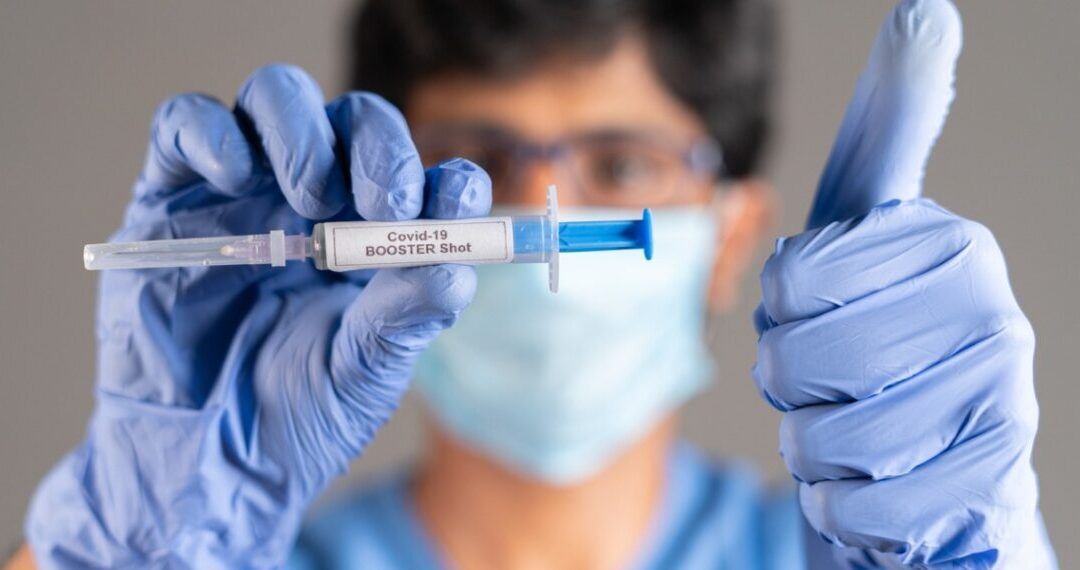Septic Shock
What is Septic Shock?
Knowing about the symptoms and causes helps in prevention of the life-threatening situation. Our body reacts to an infection by releasing various inflammatory substances into the blood. These substances then regulate the immune system to fight against the infection.
Eventually, when the body fails to control its responses, it starts damaging the organs. It further leads to dysfunctioning of those organs, or they may even stop working completely – the condition is called sepsis.
If a person having sepsis also has the problem of low blood pressure, the risk of septic shock increases. If fluid treatment doesn’t improve sepsis, tier body has probably gone into the state of septic shock. They need immediate and regular medical treatment.
Causes of septic shock
A bacterial, viral, or fungal infection can result in sepsis. The common causes of sepsis that further leads to septic shock include:
- Lung infections like pneumonia
- Abdominal or digestive system infections
- Reproductive system infection
- Urinary tract infection
Symptoms of septic shock
One shouldn’t include the initial symptoms of sepsis, which are mostly:
- Hypothermia (low body temperature)
- Fever that increases above 101˚F
- Fast heart rate
- Rapid breathing
Severe conditions of sepsis are identified by the evidence of any damaging organs, such as the heart, kidneys, brain, or lungs. The symptoms of severe sepsis include:
- Acute confusion
- Dizziness
- Noticeably lower amounts of urine
- Severe problems breathing
- Bluish discoloration of lips or the digits
To prevent septic shock, you much watch out for any severe symptoms of sepsis along with the underlying condition of low blood pressure that doesn’t improve to fluid replacement.
When to see a doctor
You can book an appointment with Dr M. V. Rao for a detailed diagnosis for sepsis or septic shock.
Staying healthy
Doctor’s guide
Yashoda Hospitals Somajiguda
Rajbhavan Road, Somajiguda, Matha Nagar, Hyderabad, Telangana.
500082
Mallela Clinic
Mallela Clinic, Street No 4, Vijay Nagar Colony, Hyderabad, Telangana.
500057
P: +91 9908 600 004
M: drmvraomallela@gmail.com
Copyright © 2021, Drmvrao. All rights reserved.



